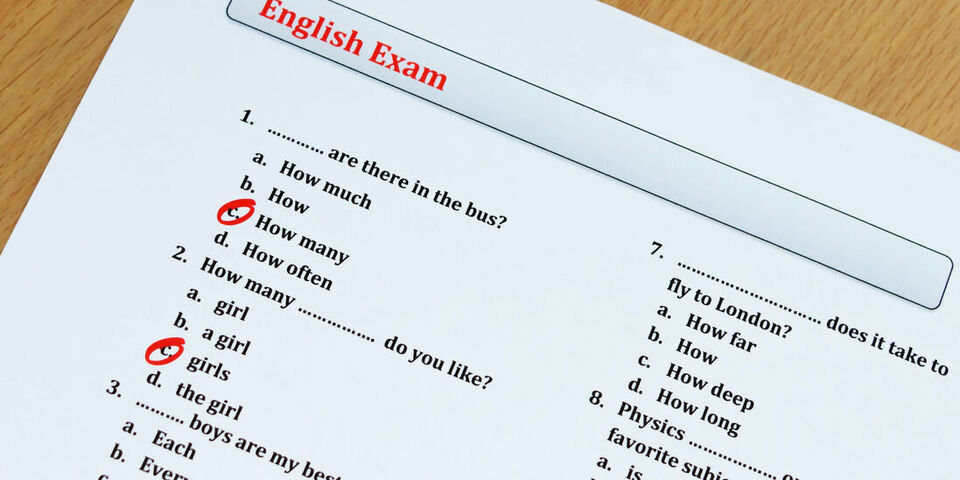For all the students who want to study at TU/e it must be established whether they satisfy the admission criteria of the chosen bachelor’s or master’s program. For students who have had their prior education in the Netherlands this can usually be determined simply by means of the pre-university certificate and their chosen subject cluster. For students who have enjoyed prior education abroad an admission procedure has been set up.
The Central Admissions Committee and/or the Departmental Admissions Committee checks whether these study choosers possess certificates (or will obtain certificates) proving that they meet the admission criteria of the university. In case of students hailing from non-English-speaking countries it must be established additionally whether their English proficiency is satisfactory. They can prove this by taking an international Test of English as a Foreign Language (TOEFL), an IELTS test or by means of Cambridge CPE or CAE. The costs involved are borne by the prospective student. In order to get some idea of these costs: for an IELTS examination you pay between 150 to 210 euros – and that does not include the course fee.
If students can be admitted, they can take part in the decentralized selection. TU/e now has four programs with a decentralized selection, and in addition to the admission test there is a selection procedure applicable. A number of different tests are used in this, such as the Bever tests for the Bachelor’s Program of Computer Science and Engineering and the BMAT test for the Bachelor’s program of Biomedical Engineering. These tests are not intended to decide on admission, but are administered in order to be able to grant the candidates a ranking number which is based on the average grades of their prior education on the one hand and on their score for the decentralized selection criteria on the other. These tests do not entail extra contributions from the students.
Elsewhere in the country, too, prospective students have to take compulsory admission tests, which they need to pay for themselves. These may include the TOEFL or the Graduate Management Admission Test (GMAT), which assesses verbal, mathematical and analytical skills.
In most cases they are foreign students who have to take the test, although occasionally it also applies to Dutch students, says Rhea van der Dong, chair of the Inter-city Student Consultation (ISO). The ISO and the National Student Union (LSVb) are pleased with the motion submitted by D66. They have been trying to get more attention to this problem for quite some time now. Last summer the ISO started an information line where dozens of complaints about unjustified selection costs were received.
The VSNU is not of the opinion that the universities have to foot the bill for the tests. “There is no such thing as a free lunch”, says spokesman Bart Pierik. “Student funding is declining, the pressure of work is high, we have no financial scope to shoulder these costs ourselves.”
Photo: iStock


Discussion